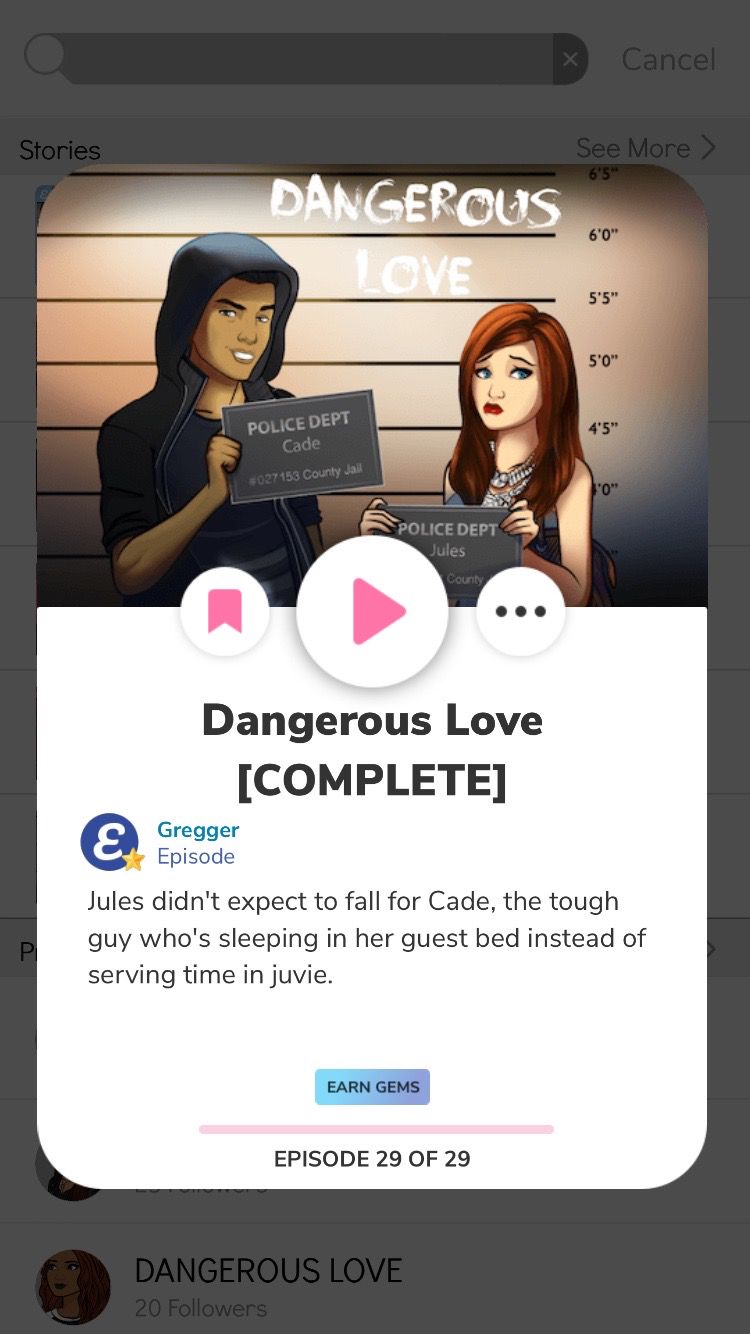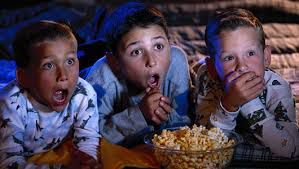greggerguy Presents: What I Learned From Screenwriting
greggerguy Presents: What I Learned From Screenwriting
Hey, Everyone! Let me start out with a shameless plug for my supernatural thriller, THIS GIRL'S SECRET (formerly HER TERRIFYING LOVE.) This is my first novel that I workshopped on Wattpad before publishing on KDP and Amazon.
THIS GIRL'S SECRET is a genre-bending supernatural thriller that weaves elements of murder mystery, romance, high school drama, humor, and, of course, a terrifying ghost story.
You can find the first part here on Wattpad: https://www.wattpad.com/413776242-her-terrifying-love-part-1

So, if you'd like to purchase a copy, check it out on Amazon books at:
PURCHASE HERE:
Amazon: http://amzn.to/2CAPQBu
Also, to celebrate my new book and the #WattpadBlockParty, I'll be giving away an eBook copy to 2 lucky winners. So much winning! YAY! This giveaway is open internationally. The giveaway link will be posted at the bottom of this post as well as on my profile!
And now, with my shamless plug out of the way, here is my post (drumroll)...

WHAT I LEARNED FROM SCREENWRITING
For most of my creative writing life, I've been a screenwriter. I've written 15 full-length feature screenplays and 2 TV pilots. I've had several scripts optioned and have placed as a semi-finalist in a few notable screenwriting competitions.
While preparing to write my first novel on Wattpad, "This Girl's Secret," (formerly "Her Terrifying Love") I found that many of the lessons I learned about writing a story for TV or as a feature film translated well to narrative fiction writing.
These same screenwriting techniques were also used while spending a week with Episode Interactive's story team, plotting out the storyline for "Juvie," now titled "Dangerous Love.

The first useful screenwriting tool is the logline. A logline is a short summary of a movie script. It's the short blurb in the cable guide that tells you what a movie is about. But it can also apply to the written word, such as a novel – any format for telling a story.
A good logline should tell us:
1) Who is the hero or protagonist? (the person that the story is about)
2) What is his or her goal? (What does this person need to achieve?)
3) What obstacles stand in the way? (What must be overcome in order to reach the goal?)
4) What's at stake? (What terrible thing happens if the protagonist doesn't achieve his/her goal?)
Here are a few examples:

Jaws - A police chief, scared of open water, battles a gigantic shark with an appetite for swimmers and boat captains, in spite of a greedy town council who demands that the beach stay open.
Liar, Liar - A lawyer who loses his ability to lie for 24-hours, clashes with his ex-wife for the affection of their son and the healing of their family.
Home Alone – A young boy who was accidentally left behind when his family goes out of town, tries to prevent robbers from breaking into his home during Christmas.
This Girl's Secret - When they accidentally killed her abusive ex-boyfriend, Lyla and Jack buried his body deep in the woods. But when he returns from the grave, Lyla and Jack must find a way to stop him from taking back his girl.
Forcing yourself to tell your story as a logline – usually one or two sentences – helps you plot the path of your story and keeps you focused as you write.
Once you've figured out who your hero is, give them an extraordinary challenge or obstacle that they must overcome. The greater the challenge or conflict, the greater the conflict. And it's this conflict that gives your story its driving force - that makes your story interesting.

How your main character goes about achieving his or her goal reveals who he/she really is. Moviegoers enjoy watching the transformation of the main character as the hero overcomes the obstacle.
At the beginning of "This Girl's Secret," we meet Lyla, a victim of a controlling ex-boyfriend. As she rises to meet the extraordinary challenges of freeing herself from a monster who refuses to let her go, Lyla learns that she's a much stronger girl than she could have ever imagined.
I've heard it said that telling a story is like telling a joke. You need to know the punchline (the ending) before you begin. When plotting out your story, your logline is a great way to make sure that you stay on track from the beginning all the way to the ending.
Thanks for checking out my post! I hope you found it interesting. All votes and comments are truly appreciated!
Hope your 2018 is off to an amazing start!
gregger
★ ★ ★
ENTER THE WATTPAD BLOCK PARTY GIVEAWAYS BY CLICKING HERE:
Shortened Link to Blog: https://goo.gl/oCHaqH
OR HERE:
Regular Link to Blog: http://kellyanneblountauthor.blogspot.com/2018/01/wattpad-block-party-winter-edition-iv.html
Bạn đang đọc truyện trên: AzTruyen.Top